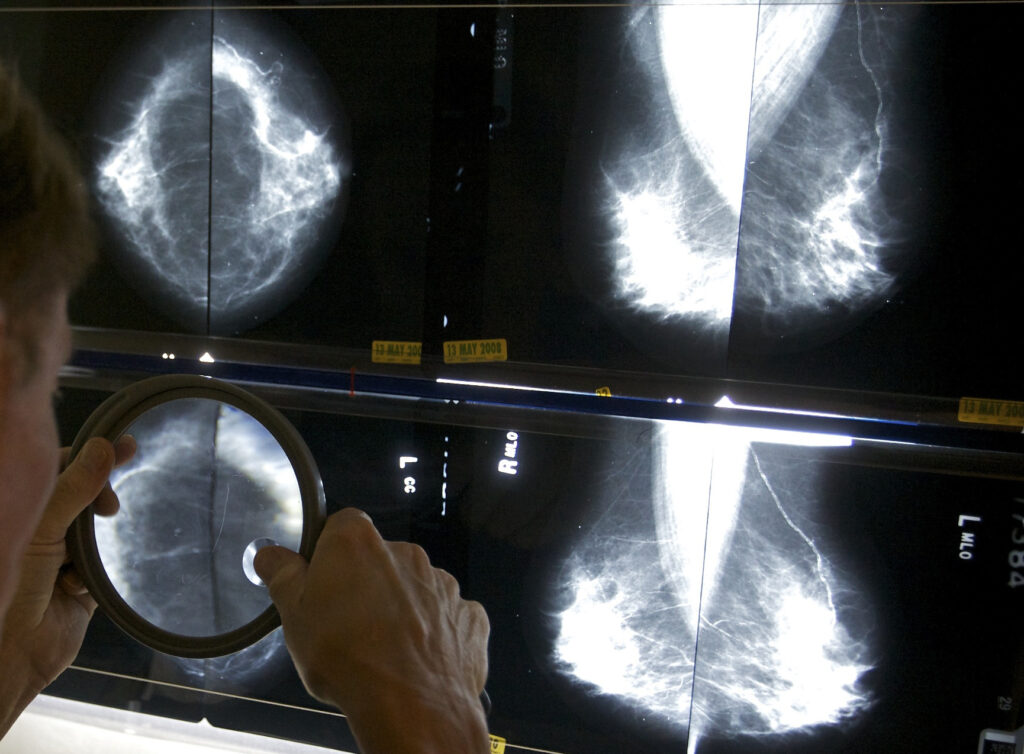
A national report on racial disparities in health care finds that Hispanic Tennesseans were much less likely to access critical screenings such as mammograms.
The Commonwealth Fund is a private foundation that conducts research on health policy. It released an extensive report Thursday, documenting trends in health care access, quality and outcomes with a focus on racial disparities.
The foundation’s president, Dr. Joseph Betancourt, said this kind of research is critical if states want to improve their approach to public health.
“If you don’t look under the hood, you know, you won’t identify where you’re failing people and where you’re leaving people behind,” he said.
Tennessee fared especially poorly in the rankings for Hispanic people. Of the 47 states the foundation had sufficient data to study, Tennessee ranked 40th. The report says health access and health outcomes for this group were worse than average, and its ranking for health care quality for this group was among the worst in the country.
More than four in 10 Hispanic Tennesseans don’t have health insurance, according to the report. Nationally, that number is closer to two in 10. Uninsured rates for Tennesseans of other races were even lower — ranging from 11% for white people and 14% for Black people.
Arnav Shah, one of the report’s authors, said that uninsured rates overall dropped after the Affordable Care Act was implemented, and people could get private health insurance through the marketplace.
“These (uninsured) rates are generally higher and more variable at the state level for Hispanic, Native American, and Black adults compared to Asian American and white ones,” he said. “In almost all states, Hispanic adults … forgo care because of cost at higher rates than other groups in the same state.”
That could be a factor in low screening rates for Hispanic Tennesseans. They were significantly less likely to have undergone a mammogram or colon cancer screening than residents of other races. Only about one in three Hispanic adults were screened for colon cancer, and the rate for most other races in Tennessee was twice as high.

